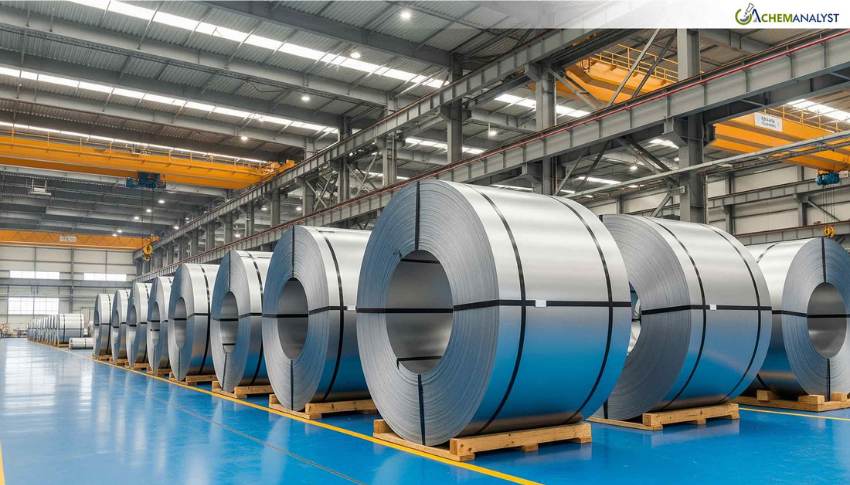Welcome To ChemAnalyst

These efforts focus on reducing electricity costs, enhancing trade protections, and prioritizing UK steel in public procurement, aiming for a sustainable and competitive future for the industry.
In a significant move to bolster the nation's vital steel industry, Industry Minister Sarah Jones has heralded a series of recent government-backed successes, setting a strong foundation for the eagerly anticipated Steel Strategy slated for launch later this year.
The Department for Business and Trade, along with Minister Jones, outlined several crucial actions already undertaken by the government. A major highlight is the substantial reduction in electricity costs for steel producers, with network charges slashed by 90% via the "Supercharger" scheme, a significant increase from the previous 60% cut.
Further, the government is introducing a new "Connections Accelerator Service" to prioritize grid access for major investment projects that promise high-quality jobs and significant economic benefits. This service, expected to be operational by the end of 2025, will be developed in close collaboration with the energy sector, devolved administrations, trade unions, and industry stakeholders.
The Industrial Strategy is also designed to boost demand for steel as a foundational product, particularly through its support for sectors like Advanced Manufacturing, which will increasingly require lightweight and precision-engineered steel products.
In a landmark financial commitment, the government has confirmed a £500 million grant to Tata Steel in Port Talbot, forming part of a larger £1.25 billion transformation deal to construct an Electric Arc Furnace.
On the trade front, the government is actively strengthening existing steel safeguard measures. This includes slowing future increases in foreign import surges, capping certain import levels, and tightening country-specific limits.
The government has also announced its intention to introduce new laws to expand its powers in responding to unfair trade practices and guarding against global turbulence in critical sectors like steel, as detailed in the new Trade Strategy.
Procurement policies are also undergoing significant changes to champion UK-made steel. A new "Steel Public Procurement Notice" will ensure that UK-made steel is considered for all public projects. This strategic shift will give UK steelmakers access to a larger share of the £400 billion spent by the government on procurement annually. To facilitate this, a pipeline of UK infrastructure projects over the next few years has been published, indicating a demand for over 7.5 million tonnes of steel for these ventures alone in 2025.
Adding to these wins, British Steel recently secured a substantial £500 million contract with Network Rail, committing to supply over 337,000 tonnes of rail track, meeting 80% of Network Rail's needs and safeguarding crucial jobs.
The upcoming Steel Strategy promises to establish a clear, ambitious long-term vision for the industry in partnership with businesses and workers. It will outline the necessary actions to achieve this vision, identify current capability gaps, assess future UK steel demand to inform investment decisions.
We use cookies to deliver the best possible experience on our website. To learn more, visit our Privacy Policy. By continuing to use this site or by closing this box, you consent to our use of cookies. More info.
